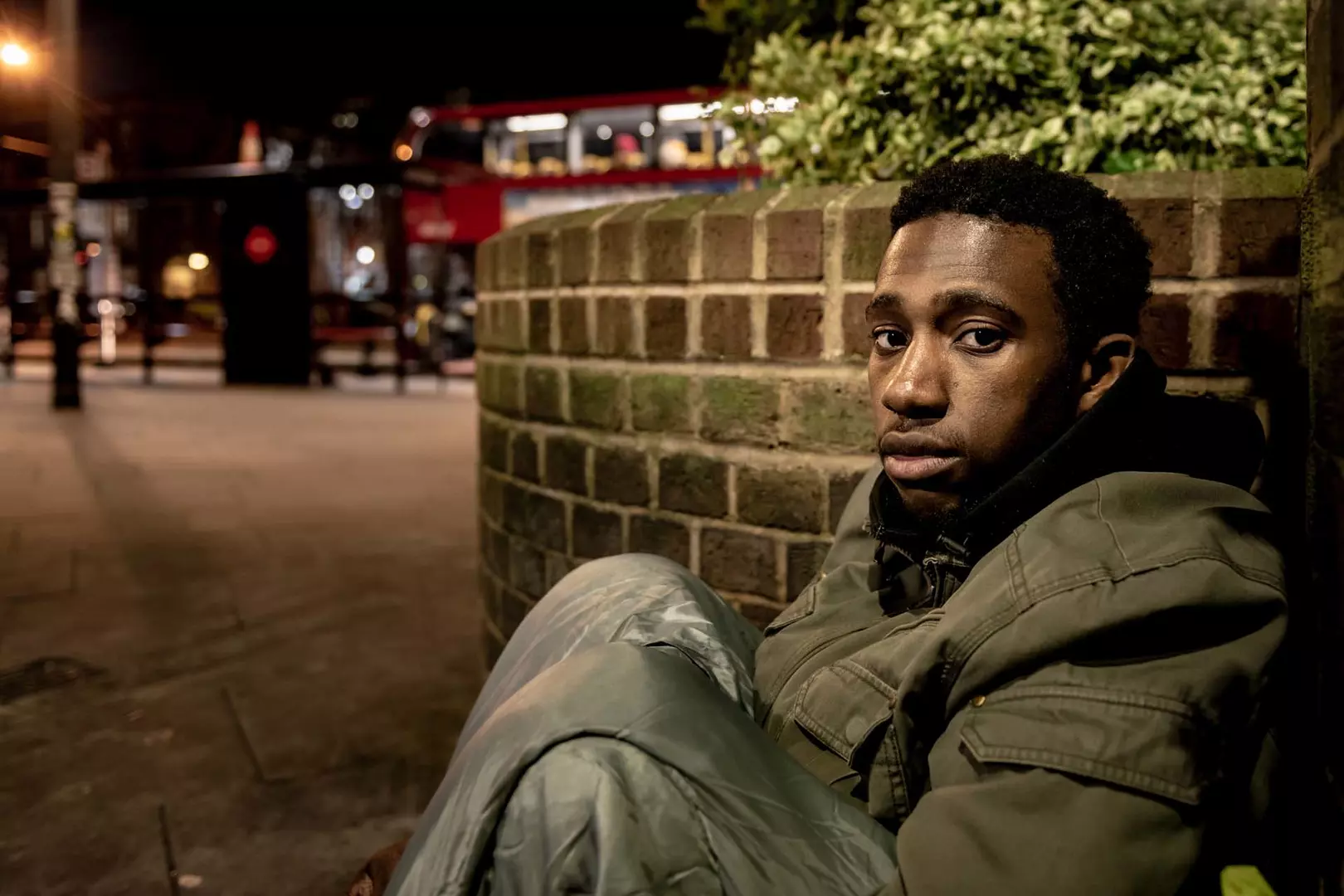Tackle root causes of homelessness to reverse rise in rough sleeping
published on 9 Sep 2021
The Salvation Army is concerned by new figures showing an increase in rough sleepers in England and calls for the Government to provide long-term investment in support services which help tackle the root cause of a person’s homelessness.
The Government’s annual Statutory Homeless Statistics for England out today[1] show that a total of 11,580 single households were recorded as rough sleeping when they applied to their Local Authority for help between 1 April 2020 and 31 March 2021. This is a 39 per cent increase on the total from the previous year (8,330 in 2019/20).
It is likely to be an under-estimate of the numbers of rough sleepers, due to some likely to have been categorised as having ‘no fixed abode' and other rough sleepers not presenting to their local authority in the first place.

The Ministry of Housing, Communities & Local Government (MHCLG) report, also highlights a rise in the number of people housed in temporary accommodation and bed and breakfasts. It follows a Westminster Hall debate yesterday (8 September), supported by The Salvation Army, and proposed by Layla Moran (Lib Dem), MP for Oxford West and Abingdon, which discussed how to end rough sleeping for good.
Layla Moran said: “Someone who used to be homeless and who now works with rough sleepers emailed me to say that the speed with which services want people to make progress only adds to their problems instead of solving them. Given the pressure the services are already under, they cannot address the traumas rough sleepers have faced. That point is echoed by the Salvation Army, which points out that we need more funding for support services to tackle the root causes.”
The church and charity is warning that the situation will only worsen as COVID-19 support structures such as the furlough scheme and the Universal Credit uplift are removed. The rise in rough sleeping comes despite strenuous efforts to shelter all rough sleepers during the pandemic through schemes such as ‘Everyone In’[2].
Lorrita Johnson, The Salvation Army's Director of Homelessness Services, said: “When anyone finds themselves living on the streets it is a tragedy as we know the huge impact rough sleeping has on people’s mental and physical health.
“The 'Everyone In' scheme housed 37,000 people during the pandemic and gave a tantalising glimpse of what could be achieved when we work together, but clearly these gains are already being lost.
“Support services for homeless people have seen a decade of falling budgets and increased demand. Without timely and sustained investment, we will not eradicate rough sleeping by the end of this Parliament let alone sustain the progress made during the COVID-19 pandemic.
“To end rough sleeping for good, people don’t just need a roof over their head, but must be helped to rebuild their lives. This can only be done through long-term support for the root cause of someone’s homelessness such as help with mental health, addiction, and job and life skills training.”
[1] MHCLG, Statutory Homelessness Annual Report 2020-2021, England
[2] The Government's ‘Everyone In’ policy instructed local authorities to ensure thousands of rough sleepers were housed during the first lockdown of 2020 and beyond through a co-ordinated effort between local authorities, charities, and other agencies and organisations.
